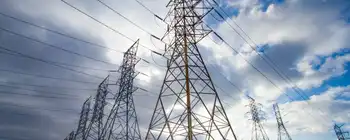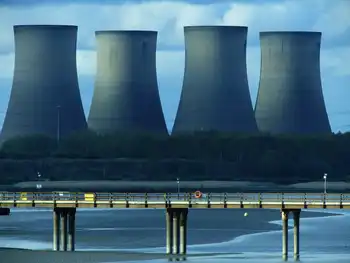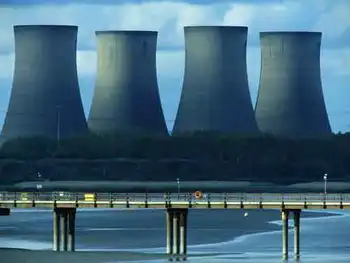Deregulation has failed in lowering prices
According to the Journal of Economic Issues, economic deregulation of electric and gas utilities has not succeeded in lowering price, promoting greater consumer choice, constraining market power or improving infrastructure performance.
In some areas of the United States and Canada an agenda for re-regulation is proposed. The reforms would continue the work of economists in the field of public utility economics.
Traditionally, most electric and gas utilities have been privately owned but regulated by government in the United States and Canada, while service has been provided by publicly owned monopolies in Europe.
The original campaign for free markets was successful at both federal and state levels in the United States. The Federal Energy Regulatory Commission became the champion of market-based wholesale electricity and gas rates. Twenty-one state legislatures enacted some form of deregulation for electricity and natural gas, while in Europe, privatization was used to promote efficiency and innovation through increased reliance on market forces.
Related News

Ontario Energy Board Sets New Electricity Rate Plan Prices and Support Program Thresholds
TORONTO - Residential, small business and farm customers can choose their price plan, either Time-Of-Use (TOU), Tiered or Ultra-Low-Overnight (ULO) prices. The OEB has an online bill calculator to help customers who are considering a switch in price plans.
The Government of Ontario announced on Friday, October 19, 2023, that it is raising the income eligibility thresholds that enable Ontarians to qualify for the Ontario Electricity Support Program (OESP) by up to 35 percent. OESP is part of Ontario’s energy affordability framework meant to reduce the cost of electricity for low-income households by applying a monthly credit directly on to electricity…





